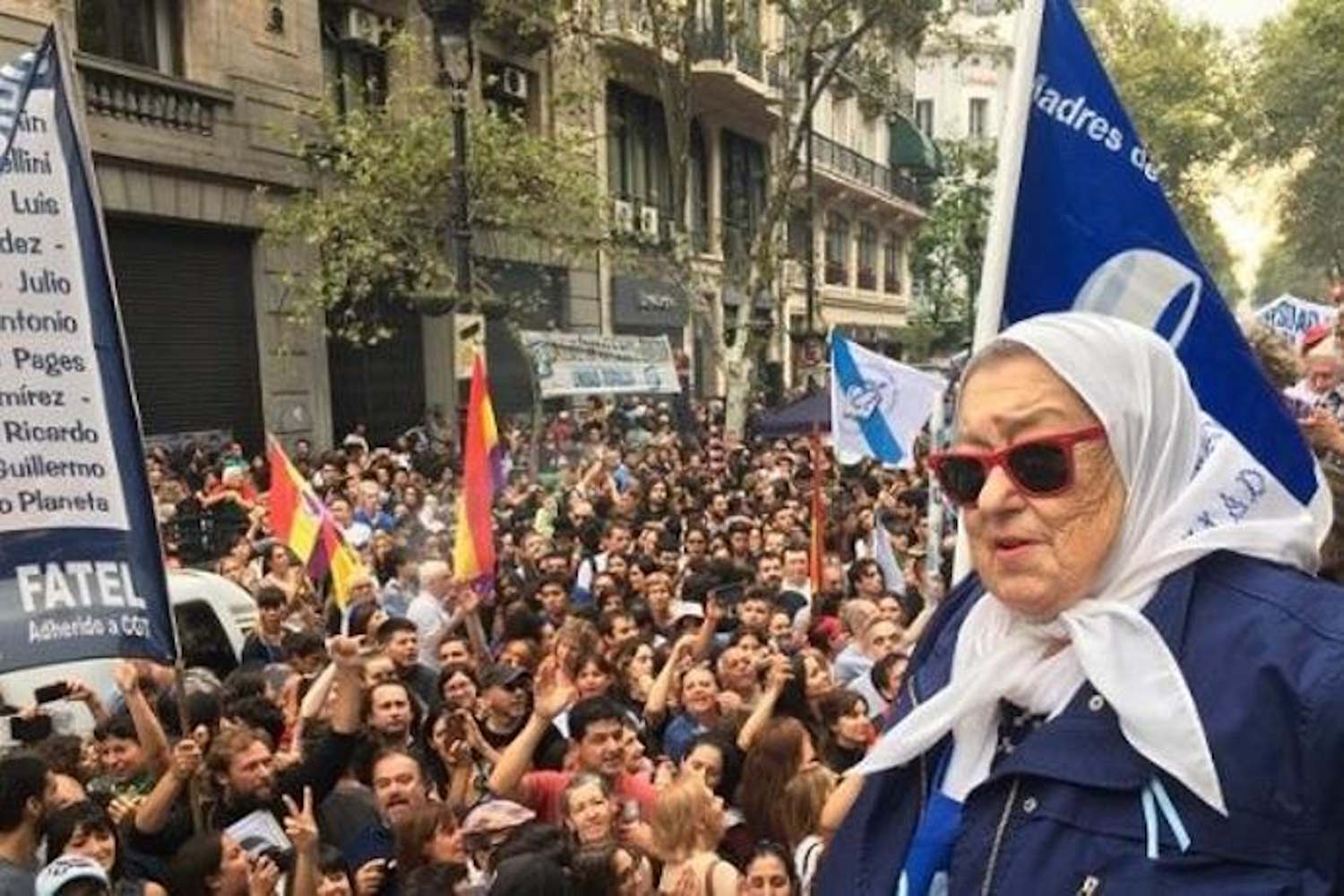For over 40 years, Argentina’s Grandmothers of Plaza de Mayo have searched for children stolen during the dictatorship. Now, they’re Nobel Peace Prize nominees.

For over four decades, a group of relentless women in Argentina has marched with white scarves on their heads and pain in their hearts, fueled by the need to uncover the fate of their missing children and grandchildren. Known worldwide as the Grandmothers of Plaza de Mayo, these women are more than just symbols of resistance—they are living proof that love can outlast terror.
Recently, their unwavering mission has received global recognition: the Grandmothers have been officially nominated for the Nobel Peace Prize.
The announcement from Argentina
The news came via the Argentine outlet Minuto 1, which reported that Congressman Daniel Filmus, from the Frente para la Victoria party, nominated the group for their
“struggle for over 40 years in defense of human rights and democracy. Throughout their long history, the Grandmothers have found and restored the identities of 127 Argentinians.”
Their story begins in the darkest chapter of Argentina’s recent past.
Argentina’s dictatorship and the stolen children
Between 1976 and 1983, Argentina was under the control of a brutal military dictatorship. Following a coup d’état on March 24, 1976, the new regime launched a campaign of terror, detaining, torturing, and murdering thousands of citizens deemed political threats. Among the victims were not only the dissidents themselves but also their children and newborns.
Roughly 500 infants and children were stolen, many handed over to families aligned with the dictatorship. Most were raised without ever knowing their true origins. For the regime, it was a way to silence opposition. For the Grandmothers, it was the beginning of a lifelong fight for memory, truth, and justice.
How the grandmothers began their movement
On April 30, 1977, a small group of mothers, grandmothers, and family members of the desaparecidos (the disappeared) began marching around the Pyramid of May in Buenos Aires’ Plaza de Mayo. Dressed modestly and donning white headscarves embroidered with their children’s names, they formed a silent but powerful resistance.
What started as a modest weekly demonstration quickly grew into an international campaign that placed increasing pressure on the Argentine state. The Grandmothers refused to be silenced.
Their marches—every Thursday, without fail—became a sacred ritual of remembrance and defiance.
A mission of love and accountability
The Civil Association Grandmothers of Plaza de Mayo continues today with the same fire. Their work isn’t just about reuniting families—though they’ve done that 127 times. It’s also about holding perpetrators accountable, restoring stolen identities, and educating the world on the atrocities committed.
Estela de Carlotto, the group’s tireless president, summed it up poignantly:
“It’s wonderful to be accepted and nominated, but our dream remains unfulfilled.”
They’re still looking. And still hoping.
Not the first, but maybe the last time they need a nomination
This is not the Grandmothers’ first run at the Nobel Peace Prize. They were previously nominated in May 2008, and again in 2010, but were ultimately passed over. This time, however, feels different.
In October, the Norwegian Nobel Committee will select the winner from 329 candidates. If there’s justice in the world, the Grandmothers’ decades-long struggle—carried out in the name of love, not vengeance—should be honored.
Because when the world turns its back on atrocities, it’s women like these who keep the truth alive.
